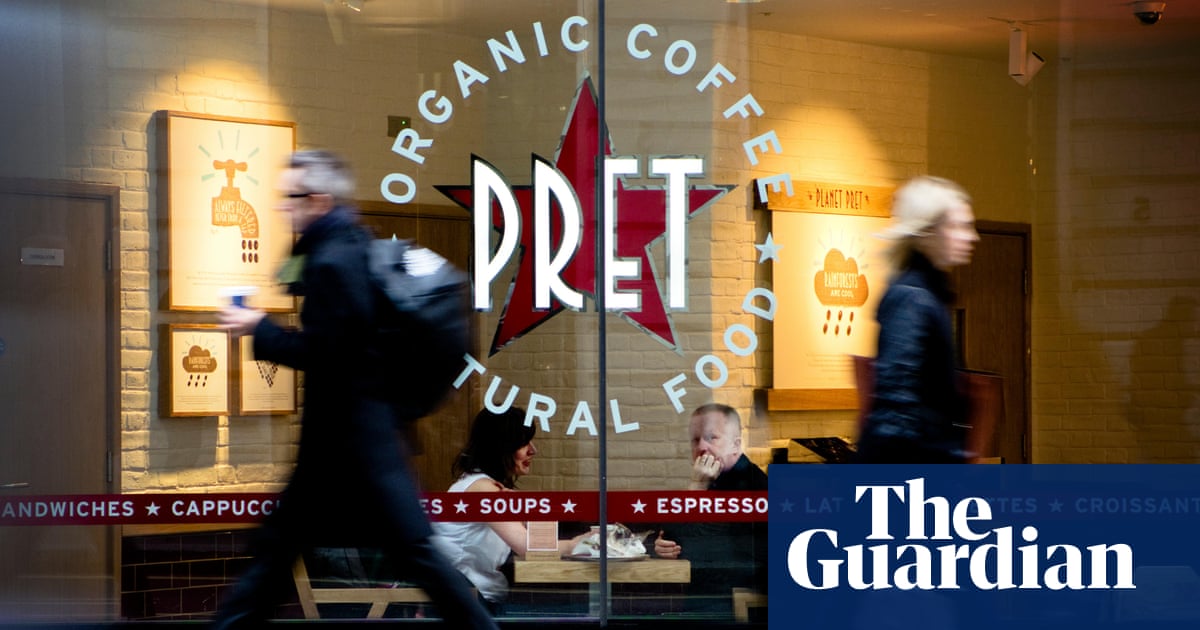Cauliflower and other brassicas are the highlight of early autumn veg, according to Dean Lamb from Watts Fresh in Kyneton and trader at the Melbourne markets.
“A lot of growers will change from summer to winter varieties. If you pay attention, you’d notice the flower is tighter and whiter – you tend to get a bit of discolouration through summer,” he says.
Try cauliflower in Nigel Slater’s cheesy cauliflower with ham hock and parsley or Meera Sodha’s roast cauliflower doused in herbs and spices to kickstart the crop’s new season.
Brassicas generally are cheap: broccoli is about $4.50 a kilo and broccolini about $2.50 a bunch, both on special.
But there is also a tease of winter staples. Brussels sprouts are preparing to hit their peak in May, and root vegetables such as sweet potato, are good value at about $3.50 a kilo.
But to make your kitchen toasty now, it’s chestnut season.
“Chestnuts are kicking off,” says Lamb. “In a few weeks’ time, you should look for an easy peel variety – they’re lovely to roast. You put a cross in the skin and put them in the oven, or a chestnut roaster. There is something so unique about the smell.”
Retailing between $6 and $12 a kilo depending on size and quality, chestnuts can also be turned into hummus or dessert, such as a monte bianco chestnut pudding.
Tomatoes a toss-up
Cosimo Patti, former owner of Melbourne’s La Manna Fresh, says leafy greens are in abundance, with local silverbeet, kale, cavolo nero, spinach and endive all expected to grow well over winter.
If you’d like to master a spinach and cheese börek, now is your chance. Follow Felicity Cloake’s step-by-step guide.
Bunches of celery are also good value at $4 each. Cabbage (up to $8 for a whole) and lettuce (about $3.50 a head) are transitioning their supply from Victoria to New South Wales, bringing a fluctuation in price.
Shepherds are still dominating avocado crops. Shoppers will have to wait four or five weeks until Hass avocados appear back in the market, but prices are expected to fall when they arrive.
Patti says the price and quality of tomatoes are unpredictable, with truss and cherry tomatoes the best bet for the moment. Punnets cost between $3.50 and $4.50.
Persimmon, pear and sassy apples
Lamb says it’s persimmon time, with a kilo of premium varieties selling for $10, or about $2.50 each. “They make a great transition from stone fruit before we have … apples and not much else,” he says.
“They’re coming into peak season for the next four weeks. You’ll see a lot of good seconds as well.” So shoppers shouldn’t overlook fruit with minor blemishes or knocks, as they’ll still be good quality.
after newsletter promotion
He recommends glazing them with a bit of sugar and serving with ice-cream.
You can also make Rachel Roddy’s apple, pear and persimmon crumble to hit all of this month’s best fruit in one go.
Late-season plums will remain on shelves until halfway through April, just as pears and apples hit their peak.
Packham and bosc pears are the ones to look for right now, cheap at about $3.50 a kilo in supermarkets.
“[Bosc pears] are one of those pears that I think are the best to eat but a lot of people think of them as cooking pears,” says Lamb.
If you want to cook them, try Nigel Slater’s recipe for spiced pears in red wine and dark chocolate.
New season pink ladies are on their way in too, joining royal gala, sassy apples (a new variety), modi apples, golden delicious and Fuji, which are already in season at about $4 to $5 a kilo.
Although it is counterintuitive as temperatures cool, tropical fruit such as feijoas, guava and dragon fruit can still be snapped up.
Grapes will also be good for the next month or so. Lamb recommends Sweet Globe and Autumn Crisp varieties.
Berries are in shorter supply, with punnets of blackberries, blueberries and strawberries all priced around $5. Raspberries are the cheapest pick, about $4 a punnet.
Looking ahead, winter citrus, including Queensland mandarins, are just coming into markets.
Buy:
Apples
Broccoli
Broccolini
Cauliflower
Capsicums
Celery
Chestnuts
Corn
Dragon fruit
Endive
Feijoas
Figs
Grapes
Guava
Lettuce
Mandarins
Pears
Persimmon
Plums
Silverbeet
Spinach
Sweet potato
Watch:
Berries
Cabbage
Tomatoes
Avoid:
Asparagus (now imported)










